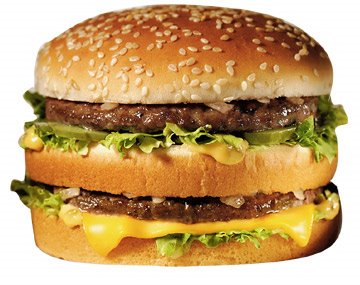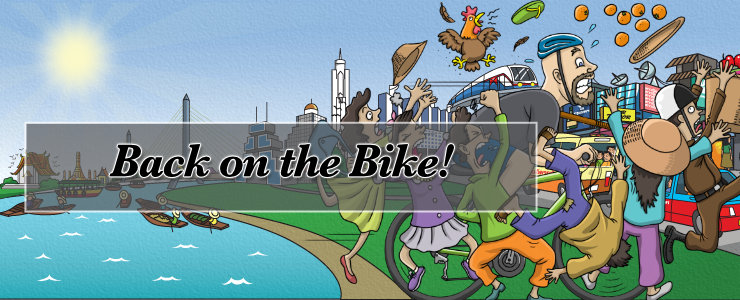I usually have a genuine interest in almost any topic, from plate tectonics to teledildonics, and honestly treasure the opportunity to learn something new no matter what it’s about. There is, however, one area which elicits an almost genetically-triggered sleep response within my brain – economics. As soon as someone starts talking about the stock market or currency bonds, my eyelids start their inexorable droop. However, I do enjoy it when someone manages to make economics interesting, as they have with the slightly sexist-sounding but surprisingly honest Bangkok Bar Girl Index.
First – an explanation. Financial indexes, so I’m told, are used to measure the parity (relation between two numbers – I had to look it up) between currencies and other financial data. Most are extremely complicated, such as the NASDAQ Composite or the ultra-fun sounding Morgan-Stanley Commodity Related Equity Index, but a few visionaries have managed to come with a financial index for the rest of us.
Take Pam Woodall, who in 1986 created the Big Mac Index for the Economist as a tool to compare currencies. From Wikipedia:
The Big Mac exchange rate between two countries is obtained by dividing the price of a Big Mac in one country (in its currency) by the price of a Big Mac in another country (in its currency). This value is then compared with the actual exchange rate. If it is lower, then the first currency is under-valued; if it is higher, then the first currency is over-valued.
It does get a bit more complicated than that, but that’s the gist. It’s simple. I can (mostly) understand it.

The exact opposite of what would happen if I dabbled in stocks.
But Bangkok, in all its seedy glory, has come up with a different type of index that’s not official but, during tough financial times like these, gets talked about more often than usual: The Bangkok Bar Girl Index. On the surface, it’s pretty easy to understand, although it opens all kinds of doors to all kinds of socio-economic theories, half-truths and social strata that’s best left ignored (for now). It goes something like this:
When the economy sucks, the bar girls are way hotter than they are when the economy is good.
Now, as mentioned before, I haven’t spent a lot of time in girly bars so I don’t have first-hand knowledge of this, but I’ve heard it from numerous multi-year expats on multiple occasions and they all swear it’s true. The thinking goes: when the economy is good, a girl doesn’t necessarily have to go home with a strange guy to make ends meet (so to speak); there are plenty of jobs in shops, malls, salons and restaurants. But when the economy isn’t so hot, and/or tourist numbers are down, the options are few and far between. A desperate/resourceful girl might wonder “Where can I make a fast buck in an emergency?”
And there you have it. It’s not necessarily pretty or noble, but it is, as far as I’ve been told by several people I trust, the unfortunate truth.

The only financial index that can clog your arteries.
Now if only they could come up with an economic indicator that revolved around the ratio between how many hours I sleep vs how many chocolate bars I need to eat – that’s some research I can get behind.





The rise of beauty amongst difficult conditions is supported by this article from David over at Mango Sauce:
http://www.mangosauce.com/travel/sexy_girls_from_war_zones.php
“Years of travel have convinced my friend that the world’s most notorious war zones and trouble spots are also home to the world’s hottest babes”
From friends who are in the know, not only are they getting hotter in BKK right now but cheaper….
… unfortunately I am locked away in the sub freezing temperatures of Beijing right now and cannot conduct my own economic survey but must rely on trustworthy 3rd parties.
Good eye on the much-missed Mango Sauce, Biggest Dude. Have fun in Beijing, enjoy the barbecued bugs. Bangkok will still be here when you get back.